Syringe Pump
A syringe pump is a type of medical device used to deliver precise amounts of fluids, such as medications or nutrients, into a patient’s body in a controlled manner. It is commonly used in clinical settings for applications that require accurate and consistent delivery of small volumes over a specific time period.
Proper use of syringe pumps requires training for healthcare providers to ensure correct setup, programming, and monitoring, as well as awareness of potential complications or malfunctions.
Description
Syringe Pump
A syringe pump is a type of medical device used to deliver precise amounts of fluids, such as medications or nutrients, into a patient’s body in a controlled manner. It is commonly used in clinical settings for applications that require accurate and consistent delivery of small volumes over a specific time period. Here are key aspects of syringe pumps:
- Function:
- Syringe pumps use a motor to drive the plunger of a syringe, pushing the fluid through the attached tubing and into the patient. The flow rate and volume are controlled electronically, allowing for precise administration.
- Components:
- Control Unit: The main device where settings are programmed and monitored.
- Syringe Holder: Holds the syringe securely in place.
- Motor and Drive Mechanism: Moves the syringe plunger to deliver the fluid.
- Tubing: Connects the syringe to the patient’s intravenous line or other delivery site.
- Uses:
- Medication Delivery: Administering drugs that require precise dosing, such as chemotherapy, pain medications, and anesthetics.
- Nutritional Support: Providing nutrients in cases where oral intake is not possible.
- Infusions in Research and Laboratory Settings: Precise delivery of reagents or other fluids in scientific experiments.
- Advantages:
- Precision: Allows for very accurate control of fluid delivery, which is crucial for medications that require exact dosages.
- Flexibility: Can be used for a wide range of infusion rates, from very slow to relatively fast.
- Portability: Many syringe pumps are compact and portable, making them suitable for use in various settings, including hospitals, outpatient clinics, and home care.
- Safety Features:
- Alarms: Alert users to issues such as occlusions, low battery, or completion of the infusion.
- Lockouts and Security Codes: Prevent unauthorized changes to the settings.
- Pressure Sensors: Detect blockages or other problems in the infusion line.
Proper use of syringe pumps requires training for healthcare providers to ensure correct setup, programming, and monitoring, as well as awareness of potential complications or malfunctions.

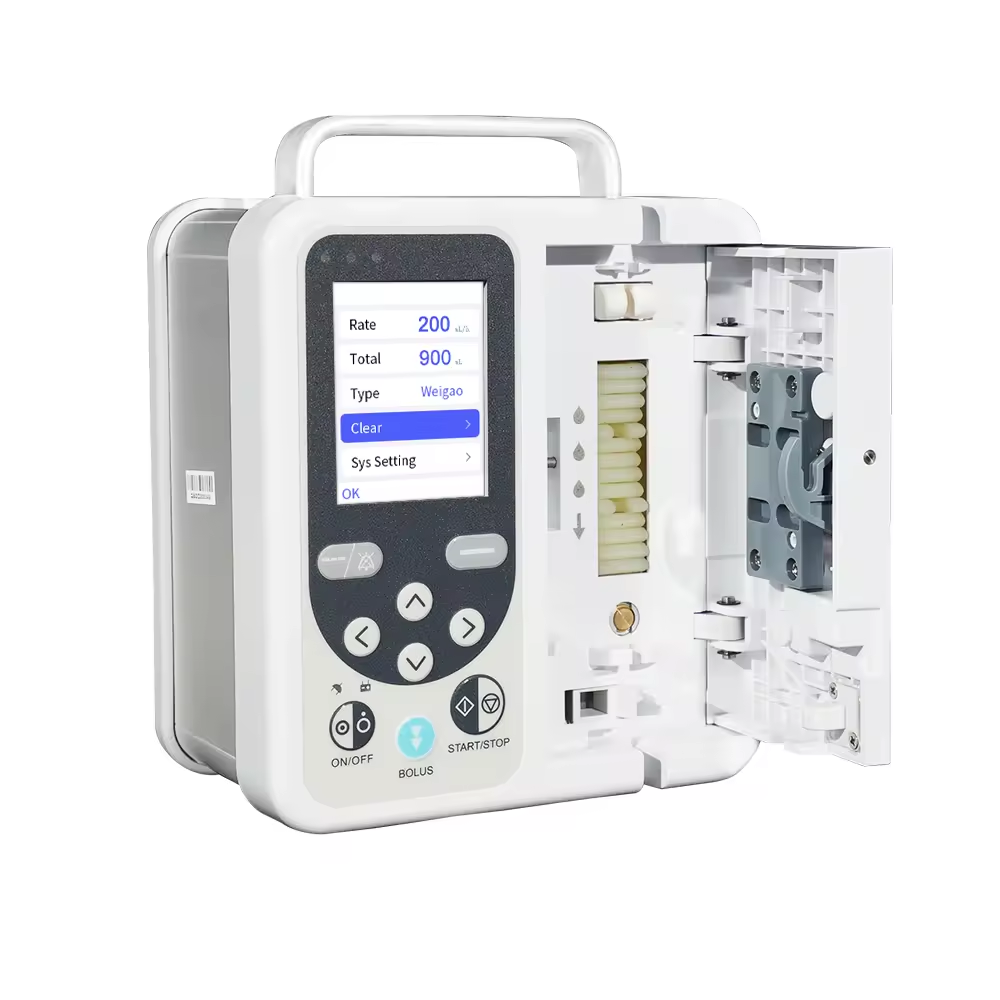
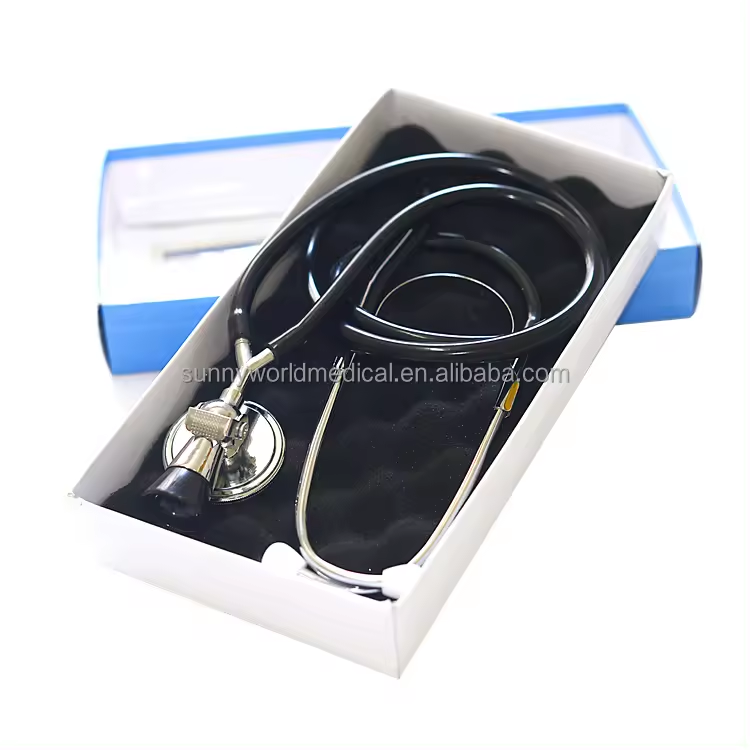








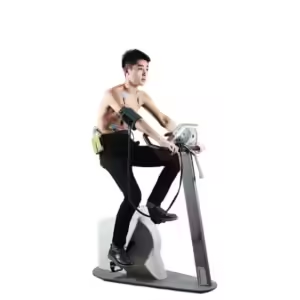









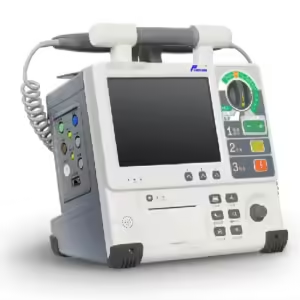



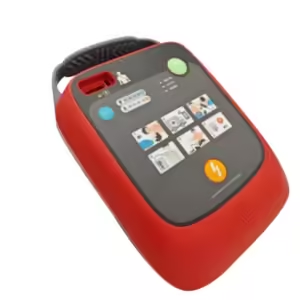


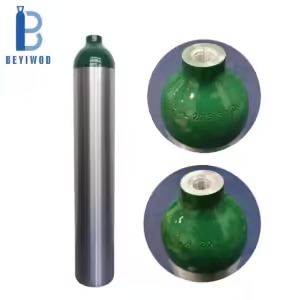
















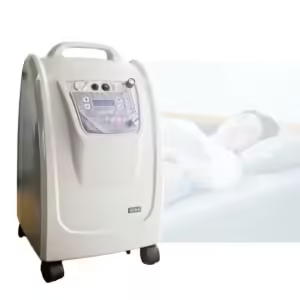



Reviews
There are no reviews yet.